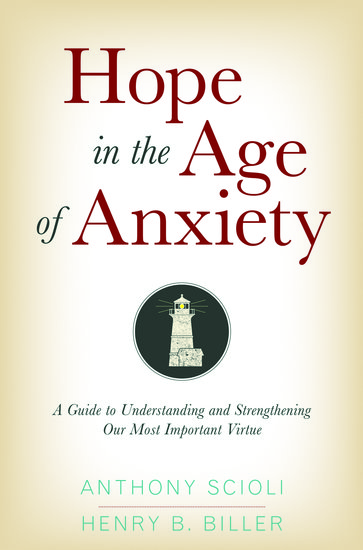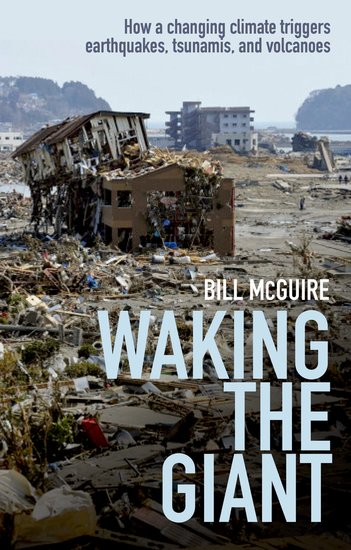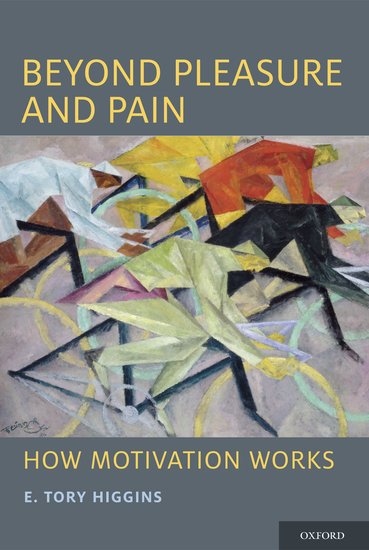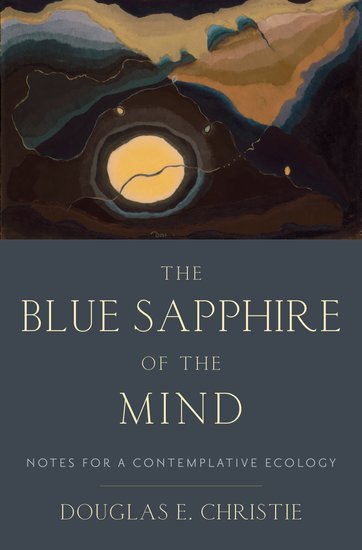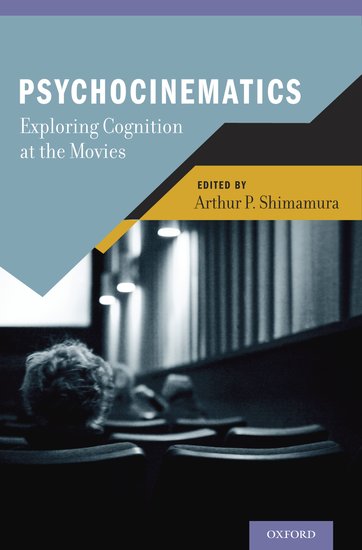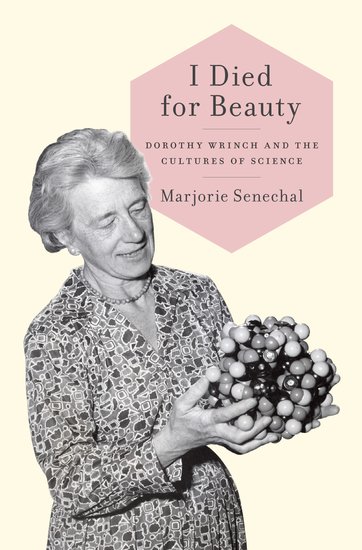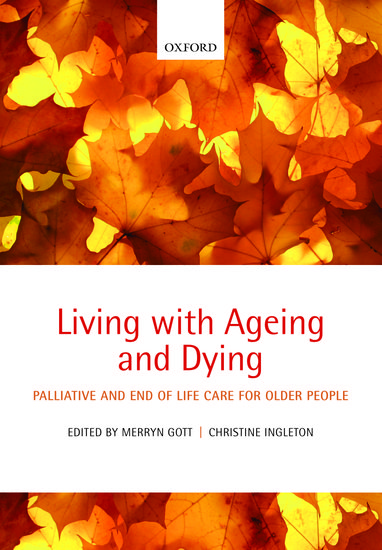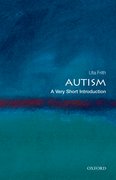The future of information technologies in the legal world
By Richard Susskind
The uncharitable might say that I write the same book every four years or so. Some critics certainly accuse me of having said the same thing for many years. I don’t disagree. Since the early 80s, my enduring interest has been in the ways in which technology can modernize and improve the work of the legal profession and the courts. My main underpinning conviction has indeed not changed – that legal work is document and information intensive and that a whole host of information technologies can and should streamline and sometimes even overhaul traditional methods of practicing law and administering justice.




